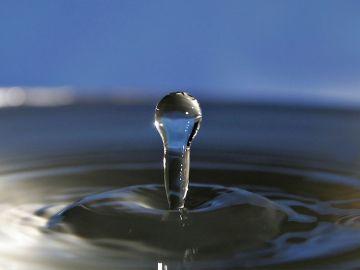
Section Branding
Header Content
Leaks, Bad Meters Cost Georgia Millions
Primary Content

Preliminary data from the state's largest water utilities show, they're losing more money because of leaks and faulty equipment than water systems nationwide.
A 2010 state law requires most Georgia water utilities to conduct a water conservation audit.
The audits look at how much water vanishes through aging pipes and how much money disappears when meters don't measure correctly.
One hundred seven of the state's largest water systems had until March to submit data.
Water conservation officer Lebone Moeti of Georgia's Environmental Protection Division says, early figures show, the average large water system in Georgia is losing about $17 million a year.
"Those are somewhat high compared to the national average right now," Moeti says. "I think it's based on maybe people not using the right units, not getting the correct data in there."
Moeti presented his preliminary data at the Georgia Association of Water Professionals conference in Savannah.
He predicts that the figures will improve before the final results come out next month.
But they'd have to improve significantly to match the national average.
William Jernigan of Cavanaugh and Associates told GAWP members that his numbers, based on data from water systems nationwide, show average "non-revenue water loss" at about $4 million.
Utilities won't face sanctions with the audits.
But systems can use them to boost water supply and revenue, keeping water bills low.
"Everybody obviously sees when you have main break and you have a geyser in the street going off," Moeti says. "But what also happens sometimes is you lose water underground and that can be significant. That can add up to millions and millions of gallons."
Moeti declined to name which water systems are doing well and which are doing poorly.
But that information will be made public on a website when the final results are released.
So far, the audits only include information from large water systems -- those with more than 10,000 users -- which collectively serve about 80% of Georgia's population.
One hundred twenty seven systems with more than 3,300 but less than 10,000 users have until next year to submit data.
The state's smallest water systems are exempt.
Tags: Environmental Protection Division, water conservation, water supply, water infrastructure, orlando montoya, Lebone Moeti, Georgia Association of Water Professionals, water audits
